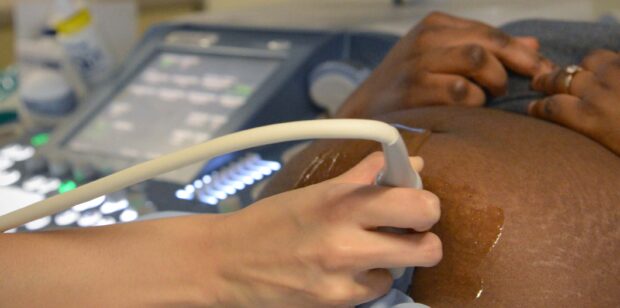
The NHS Fetal Anomaly Screening Programme (FASP) offers eligible pregnant women a 20-week scan (also called the mid-pregnancy scan).
If a woman chooses to have the scan, it’s carried out between 18 and 21 weeks of pregnancy.
The scan screens for 11 different conditions that:
- benefit from treatment before or after birth
- need treatment in a specialist setting after birth
- mean the baby may die shortly after birth
At PHE Screening, we’ve been working to update our parent information about these 11 conditions.
We’ve used the latest evidence and followed plain English principles to make sure the information is clear, concise and user friendly. We’ve also developed a new layout and included illustrations following feedback. Our aim is to create consistency and reflect improvements in language and tone across the programme.
The changes we’ve made
Today, we’ve published updated parent information covering:
We’ve also updated the layout of our information on 4 other conditions. The content has not changed, but the new design means it looks and reads the same as the other information. These conditions are:
The advantages
We’ve changed the information on the 7 conditions from PDF to HTML format. HTML publications are:
- better for reading on smaller screens, as the content automatically adjusts to the screen size
- easier to find, as all text is searchable from an internet search engine
- easier to navigate
- easier to keep up to date
Archiving old information
From 1 April 2020, the NHS FASP will be archiving the professional and parent information on alobar holoprosencephaly (HPE). This is because the programme does not screen for HPE.
Please keep an eye on the PHE Screening blog for news of updated parent information on the other conditions screened for at the 20-week scan. We’ll be putting them all into the new layout and HTML format soon.
PHE Screening blog
The PHE Screening blog provides up to date news from all NHS screening programmes. You can register to receive updates direct to your inbox, so there’s no need to keep checking for new blogs. If you have any questions about this blog article, or about population screening in England, please contact the PHE screening helpdesk.